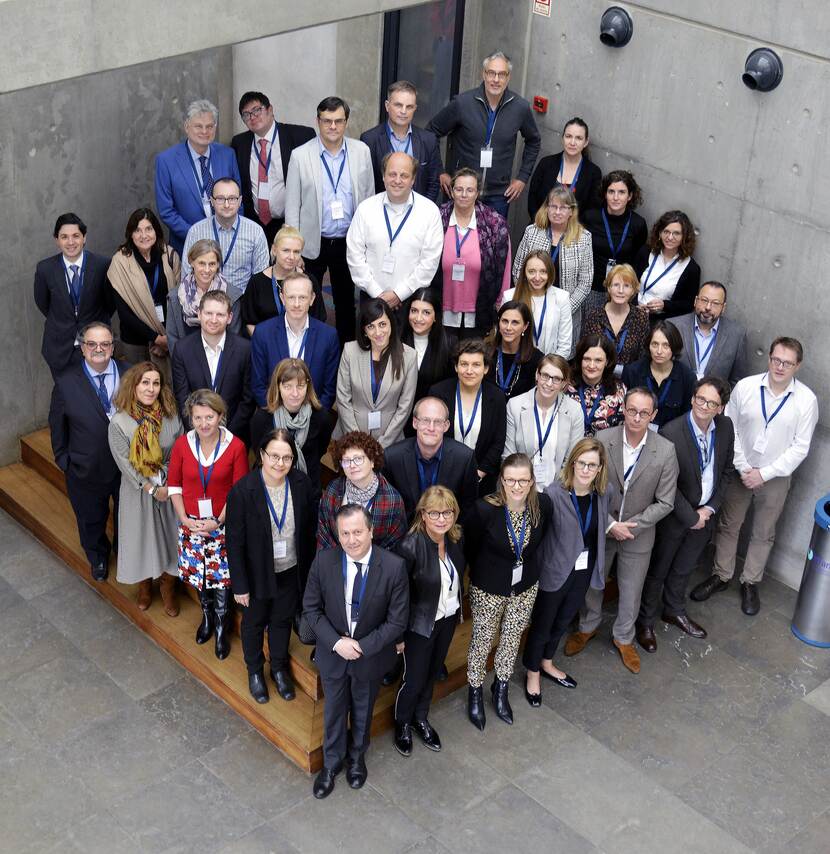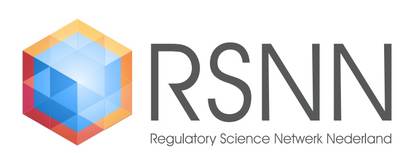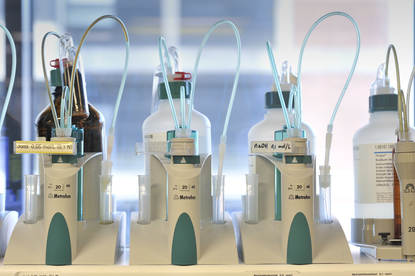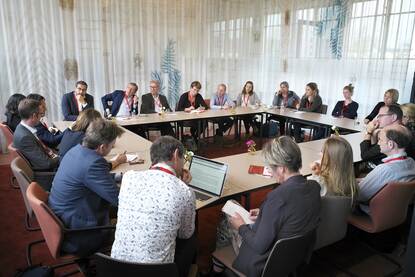STARS meeting - 27 & 28 January in Lisbon
Limited knowledge in regulatory science delays the development of new treatment strategies or limits the chances that promising innovations will reach patients. The 3-year project “Strengthening Training of Academia in Regulatory Science” (STARS), funded by Horizon2020, aims to analyse the current situation and improve training of academia in regulatory science on national and European levels. The STARS project comprises regulatory authorities from 18 European Union (EU) Member States and the European Medicines Agency (EMA) and will offer harmonized regulatory support strategies to academic researchers on the European level.
During the latest STARS consortium meeting on 27 and 28th of January in Lisbon several important points and tasks of the STARS were discussed. First of all, data from the online survey studies that were performed in the EU among academic research funding bodies, academic institutes, academic researchers and regulatory agencies were presented. Based on these data, the STARS project plans to develop a Comprehensive Inventory of existing support activities and initiate several pilot support activities aiming to close the identified regulatory knowledge gaps. The Comprehensive Inventory will be a valuable orientation tool for academic researchers Europe-wide and will be regularly updated.
Further, several important challenges were discussed, as how to reach academic researchers very early in the planning of relevant grant applications or development strategies, and how to establish a better collaboration with the funding bodies. The STARS project plans to apply several communication and dissemination activities, one of which is the upcoming Stakeholder Workshop 'Towards Improved Regulatory Support for Academia' on 15-16th of June in Brussels. Also, several publications in peer-review journals are planned. For more information, see the STARS-website.


RSNN rapid response expert meeting
On Tuesday February 18th, a Regulatory Science Network Netherlands (RSNN) meeting was held in Utrecht with the main topic of ‘Precision medicine for chronic diseases: development and registration procedure of medicinal products for treatment of progressive diabetic kidney disease as an example '. Representatives of industry, academia, CBG-MEB, EMA, HTA, a patient organisation and RSNN were involved.
The RSNN’s mission is to advance an efficient and effective regulatory system that supports medicines development, marketing authorisation, access, and appropriate use of medicines. RSNN shares and disseminates knowledge among all stakeholders and sets the agenda for further research. A variety of activities support their mission including organising rapid response meetings to find unanswered questions on relevant and interesting research topics.
With Bert Leufkens as inspiring host, several interesting discussions resulted in important (unanswered) questions that could hopefully lead to research improvements in the area of personalised medicine, specifically for diabetic kidney disease (DKD). Such questions were for instance: whether there are lessons to be learned from biomarkers used in failed development programs, how to improve and maintain patient involvement for instance in case of exclusion from further study therapy (due to non-responsiveness), how to improve adherence of therapy to provide more informative study results, how to obtain sufficient information on the life cycle of a biomarker, and how to encourage early engagement between industry and regulators to explore and discuss new effective strategies in study design. The relevance of in-depth insight into biomarker innovation and the relevance of re-analysis of registration trials was also emphasized.
This knowledge will be shared by means of a report. The results will be further disseminated to the RSNN for research and further exploration.






